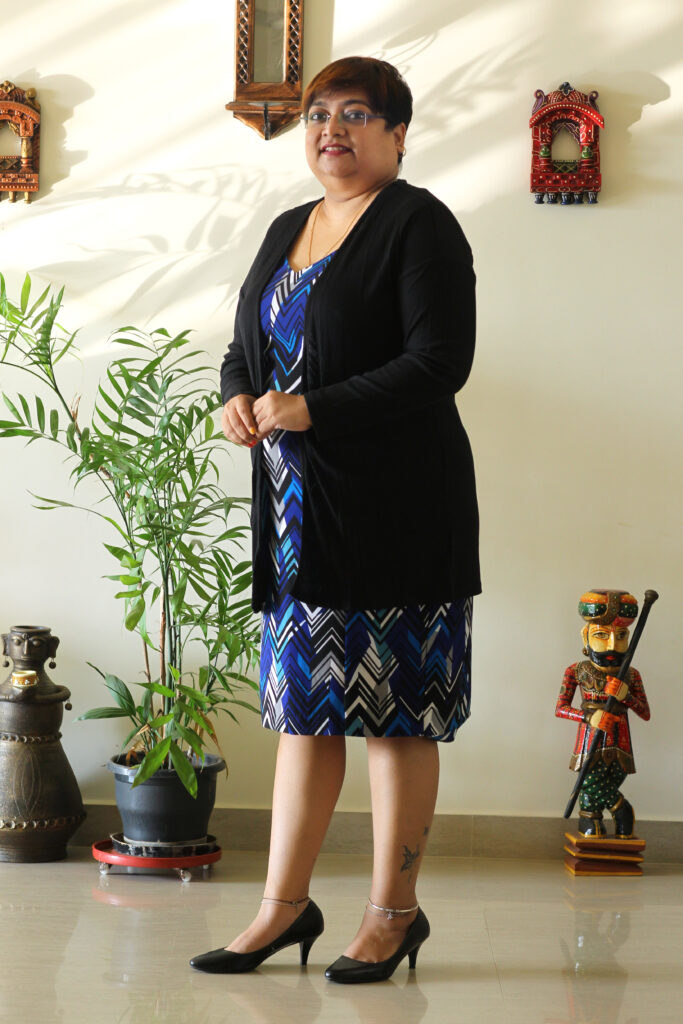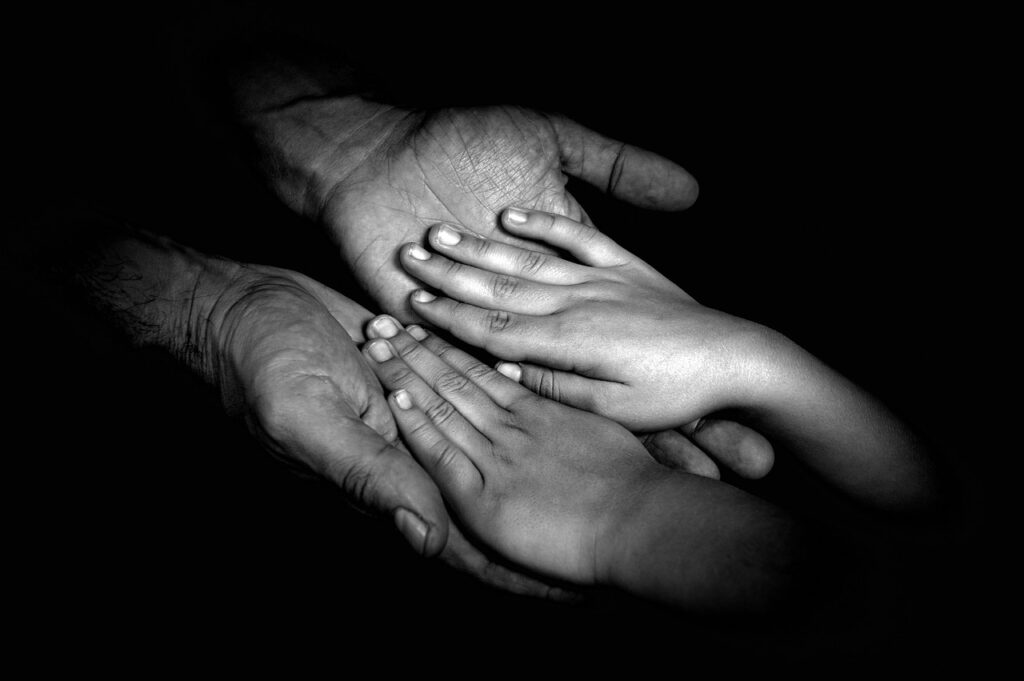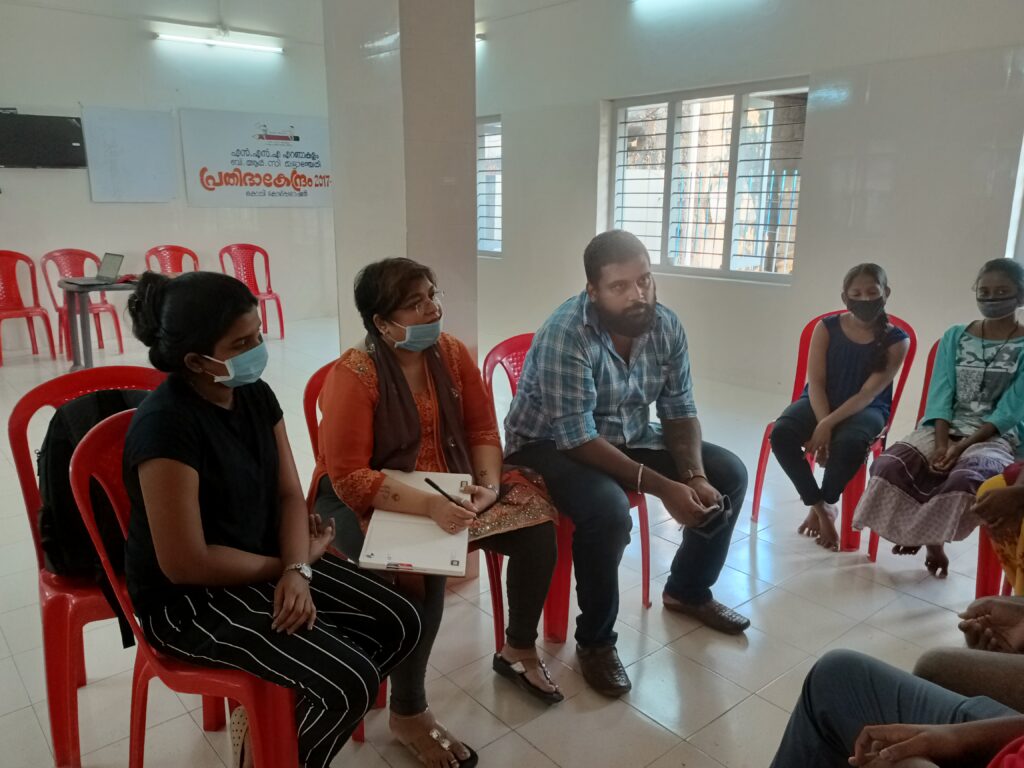Psychotherapy
Ready for Your Transformation
with
India’s Top Leading Psychotherapist
Psychotherapy
Psychotherapy / psychological therapy / talking therapy is the use of psychological methods, particularly when based on regular personal interaction, to help a person change behavior, increase happiness, and overcome problems.
Say “yes” to your self at least now.
You are the expert of your own life.
It’s all about time you feel that way
Let’s team up.


Individual
Individual therapy is a form of therapy in which the client is treated on a one-on-one basis with a therapist. Individual therapy allows the therapist and client to focus on each other, building a rapport and working together to solve the client’s issue. We provide this help through various avenues FACE TO FACE or ONLINE.
Online therapy: It’s also known as e-therapy, e-counselling, teletherapy, or cyber-counselling, involves providing mental health services and support over the internet. This can occur through email, text messaging, video conferencing, online chat, messaging, or internet phone.
Face to face: Individual therapy is one type of psychotherapy in which a trained professional helps a single person work through personal issues they have been facing. It is an effective treatment for a variety of emotional difficulties and mental illnesses. Conducted when both parties are in the same room.
For ONLINE therapy, we have variety of platforms: Skype, Webinar, Google meet, Zoom, Video Calls, WhatsApp Video etc.
Face to face means the two parties have to be present at our office where the therapy takes place.
This therapy is an 1hr session and can be done once a week or once in two weeks or once a month depending on client’s availability, ability and willingness.
Family
Family therapy is a type of psychological counseling, that can help family members improve communication and resolve conflicts in their relations.
Types of Family Therapy
Siblings therapy: It’s a type of therapy that helps siblings improve communication and resolve conflicts.
Parents therapy: It’s a type of therapy that helps parents improve communication and resolve conflicts.
Children therapy: It’s a type of therapy that helps children improve communication and resolve conflicts.
Elderly therapy: It’s a type of therapy that helps the elderly improve communication and resolve conflicts

Couple
Couples therapy is a learning and a healing process meant for a couple planning to live or living together.
Types of Couple’s Therapy
Premarital Therapy: It’s a type of therapy that a couple’s undertakes in preparation for marriage and responsibilities ahead. It’s a 5 weeks program.
Post-Marital Therapy: It’s a type of therapy that a couple’s undertakes while in marriage. This therapy is dictated by the couple’s presenting issue.
Divorce and separation Therapy: Sometimes marriages do not succeed and its a stressful situation. This therapy helps with the healing after divorce as well as helping children navigate this season. It can be done before or after divorce.
Loss & Grief Therapy: Grief therapy allows a couple that has experienced death or any loss to share their experience and to heal from the pain.
Group
Group therapy is a type of therapy that involves one or more therapists working with several people with common or same issue at the same time. This therapy reduces the guilt feelings or suppressed feelings when you see other person is also going through the same condition and at times recovery happen a little fast.
Types of Group Therapy
Loss & Grief therapy: Grief counseling is a form of psychotherapy that aims to help people cope with the physical, emotional, social, spiritual, and cognitive responses to loss.
Divorce & Separation therapy: Divorce counselling is a form of relationship therapy designed for married couples on the verge or dealing with the aftermath of permanent separation. The aim of divorce counselling is to help individuals adjust to their new lives, and process the negative after-effects of the separation on all aspects of their lives.
Mediation therapy: Mediation therapy helps parties understand their differences root causes hence enable them to make decisions that will move the parties past their “stuck” places.


